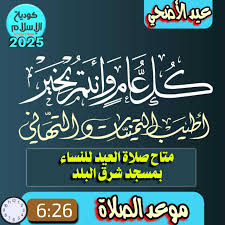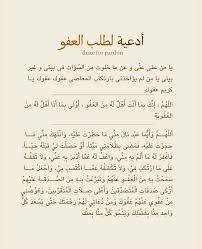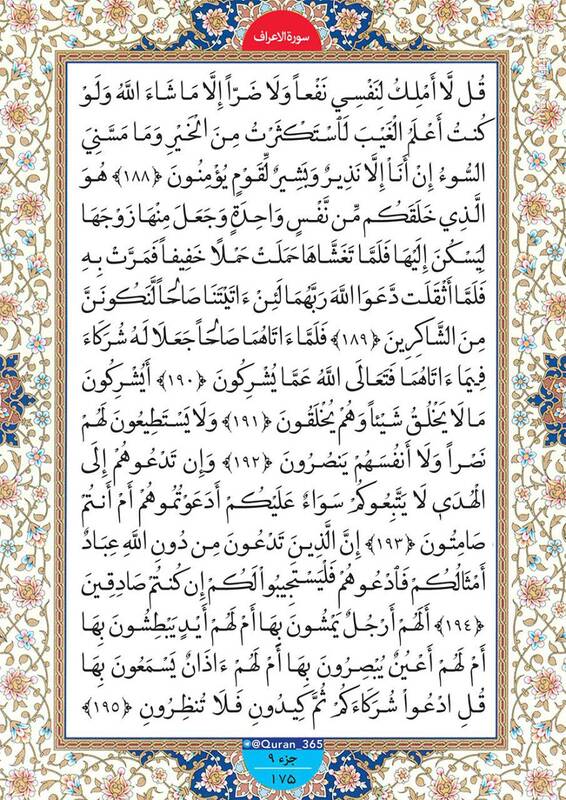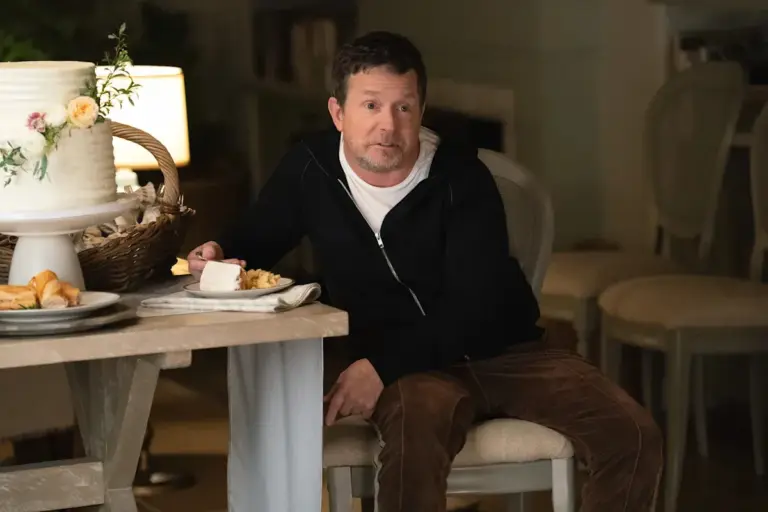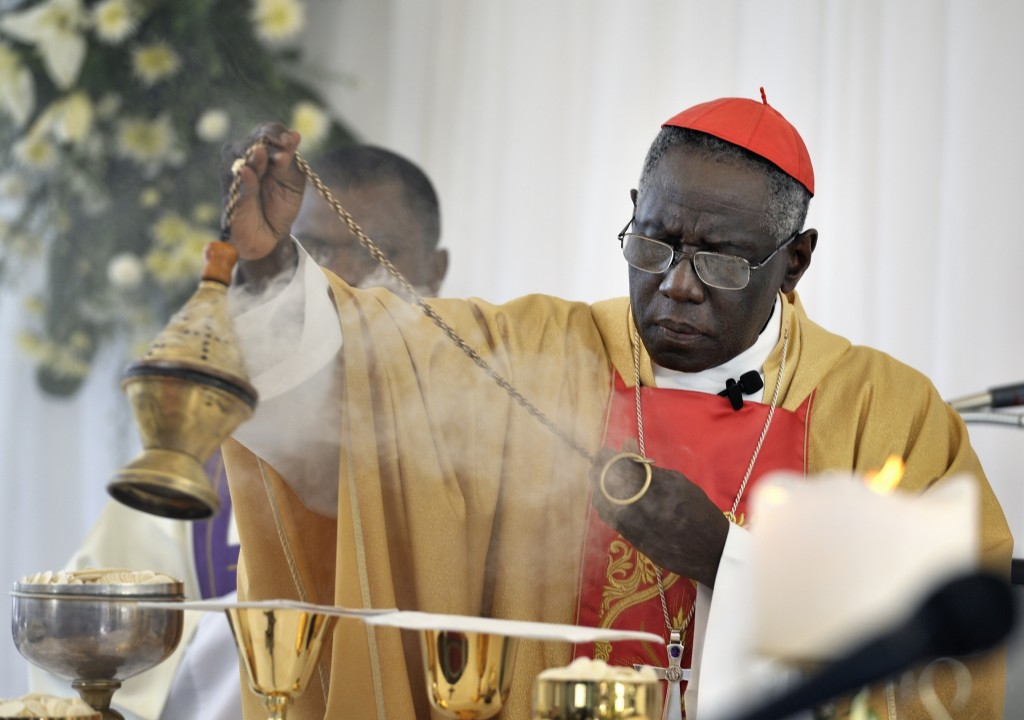
Introduction
Cardinal Robert Sarah, a prominent figure in the Catholic Church, has gained considerable attention for his insights and leadership. As the former Prefect for the Congregation for Divine Worship and the Discipline of the Sacraments, Cardinal Sarah has been an active voice on various issues affecting the Church today. His stance on traditional practices and contemporary challenges makes him a key figure to watch in the evolving religious landscape.
A Voice of Tradition and Change
Born in Guinea in 1945, Cardinal Sarah was appointed as a Cardinal by Pope Benedict XVI in 2010. He has been a strong advocate for a return to traditional liturgical practices, emphasizing the importance of reverence in the Mass. His 2020 book, From the Depths of Our Hearts, co-authored with Pope Benedict XVI, sparked discussions on celibacy and the priesthood, reinforcing his position on the importance of spiritual commitment within the Church.
Recently, Cardinal Sarah has been instrumental in addressing challenges such as the clergy sexual abuse crisis and declining church attendance, urging for a renewal of faith and commitment among clergy and laity alike. His direct criticism of modernism in some Church practices has resonated with both supporters and critics alike, illustrating the tensions within the Church regarding change and tradition.
Current Developments and Influence
In light of the recent Synod on Synodality, which aims to promote greater participation among Church members, Cardinal Sarah has raised concerns about inclusivity overshadowing traditional teachings. He believes that while engaging parishioners is essential, maintaining the core doctrines of the faith is paramount. His participation in events like this illustrates his commitment to ensure that the Catholic Church remains rooted in its foundational beliefs, while also navigating modern societal changes.
Conclusion
Cardinal Sarah’s role in the Catholic Church is increasingly significant as he navigates modern issues while advocating for traditional faith practices. As the Church continues to face both external and internal challenges, his insights will be crucial in shaping its future. For Catholics and religious observers, his powerful voice offers a perspective that merges respect for tradition with a call for relevant action, making him a pivotal figure in current religious discourse. The coming months and years will be essential in determining his influence and the broader implications for the Church at large.
